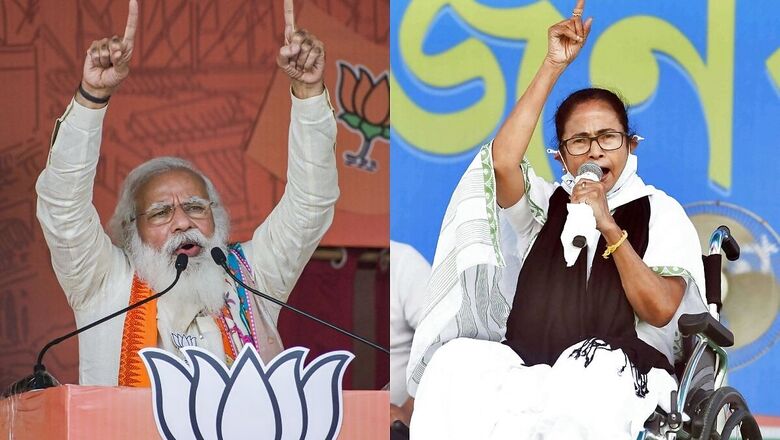
views
Blotched by violence, vicious personal attacks and jingoistic fulminations, polling for one of the most gruelling and long-drawn West Bengal assembly elections concluded on Thursday with an estimated around 80 per cent of over 84.77 lakh voters exercising their franchise. Arguably the most bitterly fought in a long time, the polls got mired in controversy the very day the Election Commission announced an 8-phase election schedule for the politically volatile state on February 26, drawing accusation from the ruling TMC that it was aimed at helping the BJP.
Barring Assam, where the exercise was held in three stages on March 27, April 1 and 6, votes were cast in Tamil Nadu, Kerala and the Union Territory of Puducherry in a single phase on April 6. In Bengal, despite the elections dragging on for over a month–from March 27 to April 29–voter enthusiasm hardly showed any sign of waning, with the turnout ranging between 76.90 per cent in the 7th phase, held amid a raging COVID-19 pandemic, and 86.11 per cent in the second phase, when the contagion seemed like ebbing away.
The December 10, 2020 incident in Diamond Harbour near Kolkata, when BJP president J P Nadda's convoy came under attack by alleged TMC supporters, was portentous of how grimly fought will the elections be a little over three months later. As brickbats rained like hailstones, smashing windscreens of vehicles and injuring many leaders, including BJP's Bengal minder Kailash Vijayvargiya, ominous clouds had started gathering over the state's political landscape much before the elections truly got underway.
Every few days since, political workers and ground level leaders of the BJP and TMC were reported injured or killed in clashes, or their bodies found in fields and barns and hanging from trees. Mamata Banerjee, arguably fighting the toughest poll of her enviable political career against the battle-hardened election army of the BJP led by Prime Minister Narendra Modi and Home Minister Amit Shah, conjured up the weapon of Bengali subnationalism, something never seen before in West Bengal politics, to mount a counteroffensive.
The BJP responded to her "jingoistic" tactical manoeuvre of starting the insider-outsider debate by invoking Syama Prasad Mookerjee, the founder of Jana Sangh, the forerunner of the saffron party, calling itself a party which had its roots in Bengal. Whether the weapon of Bengali subnationalism did neutralise the BJP's aggressive Hindutva campaign, during which chants of "Jai Shri Ram" were heard more as a battle cry than a religious pitch at election rallies, only time will tell.
However, the saffron party's combative Hindutva posturing brought out the hidden Hindu in Banerjee, often accused by the BJP of minority appeasement. She began reminding people attending her rallies of her being a Brahmin, and reciting 'Chandi Path', an ode to Goddess Durga, alongside verses of Quran. However, unsure whether her soft Hindutva will cut ice with hardline Hindu voters, Banerjee, at a rally in Hooghly district, appealed to Muslims not to allow their votes to get divided, drawing flak from the Election Commission, which was also upset with her remarks that central forces on election duty were "helping the BJP under instructions from Home Minister Amit Shah".
The EC stopped Banerjee from campaigning for 24 hours for her "highly insinuating and provocative remarks laden with serious potential of the breakdown of law and order" and one that had "communal overtones". The often rambunctious Bengal leader staged a sit-in following the order. "Bhaipo" (nephew) and "tolabaji" (extortion) became catchwords in the BJP's campaign lexicon to attack Mamata Banerjee, whose nephew and Diamond Harbour MP Abhishek the BJP accused of running syndicates which took bribes "even for issuing death certificates".
Banerjee shot back with vengeance. Calling Home Minister Amit Shah a "demon", the chief minister took a swipe at Modi over his beard, saying, "Industrial growth has stopped and only Modi's beard is growing". "Sometimes he calls himself Swami Vivekananda and sometimes renames stadiums after his own name. Something is wrong with his brain. It seems a screw is loose," said told a rally as electoral discourse plumbed new depths.
As violent clashes continued to rattle the state with alarming frequency widening political and societal chasm, came the fourth phase of polling on April 10 when five people were killed at Sitalkuchi in Cooch Behar district, including four in firing by CISF personnel in "self defence" after they allegedly came under attack by a mob. Banerjee claimed the four belonging to the minority community were TMC supporters who were killed in a "genocide" while standing in queue to vote.
Several BJP leaders, including its state chief Dilip Ghosh made patently intemperate remarks, inviting notices from the election watchdog. "Where did so many naughty boys come from? There can be more Sitalkuchi-like incidents if naughty boys like the ones who received bullets try to take law into their hands," Ghosh had said after the incident.
The EC, while issuing a notice to Ghosh, said his remarks were "provocative", could incite "emotions" and "lead to a breakdown of law and order thereby adversely affecting the election process". Rahul Sinha, another senior BJP leader, stirred the pot further with his remarks that "eight not four people should have been shot" in the incident, provoking the poll panel to bar him from campaigning for 48 hours. Sinha is a former national secretary of the BJP.
As the election process meandeared unhurriedly through its course, the COVID-19 scourge that appeared to have been tamed in the initial stages began rearing its ugly head. As experts sounded an alarm while rival contenders for power held massive rallies where COVID-19 norms were flouted with impunity, the TMC knocked on the doors of the Election Commission for clubbing together the last three phases of polling but its request was turned down.
Various high courts came down hard on the Centre and state governments over spurting COVID cases, and the Madras High Court chastised the Election Commission, holding it "singularly" responsible for its spread and calling the poll panel "the most irresponsible institution". The TMC, which repeatedly criticised the election panel over the protracted state polls, protested indignantly, saying, "The Centre and the EC have the blood of COVID-19 patients on their hands as they refused to consider the serious threat to the health of the people and stuck to their agenda." On May 2, when the votes are counted, there will be no victory lap for the winner of the rancour-filled electoral battle but yet another daunting fight against a bigger, invisible enemy–the coronavirus.
Read all the Latest News, Breaking News and Coronavirus News here. Follow us on Facebook, Twitter and Telegram.











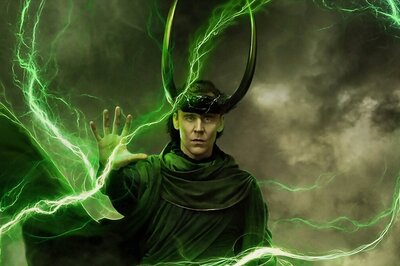
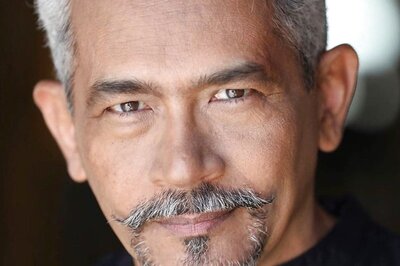

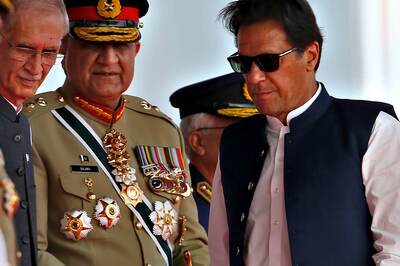


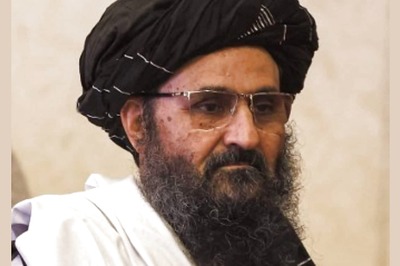


Comments
0 comment